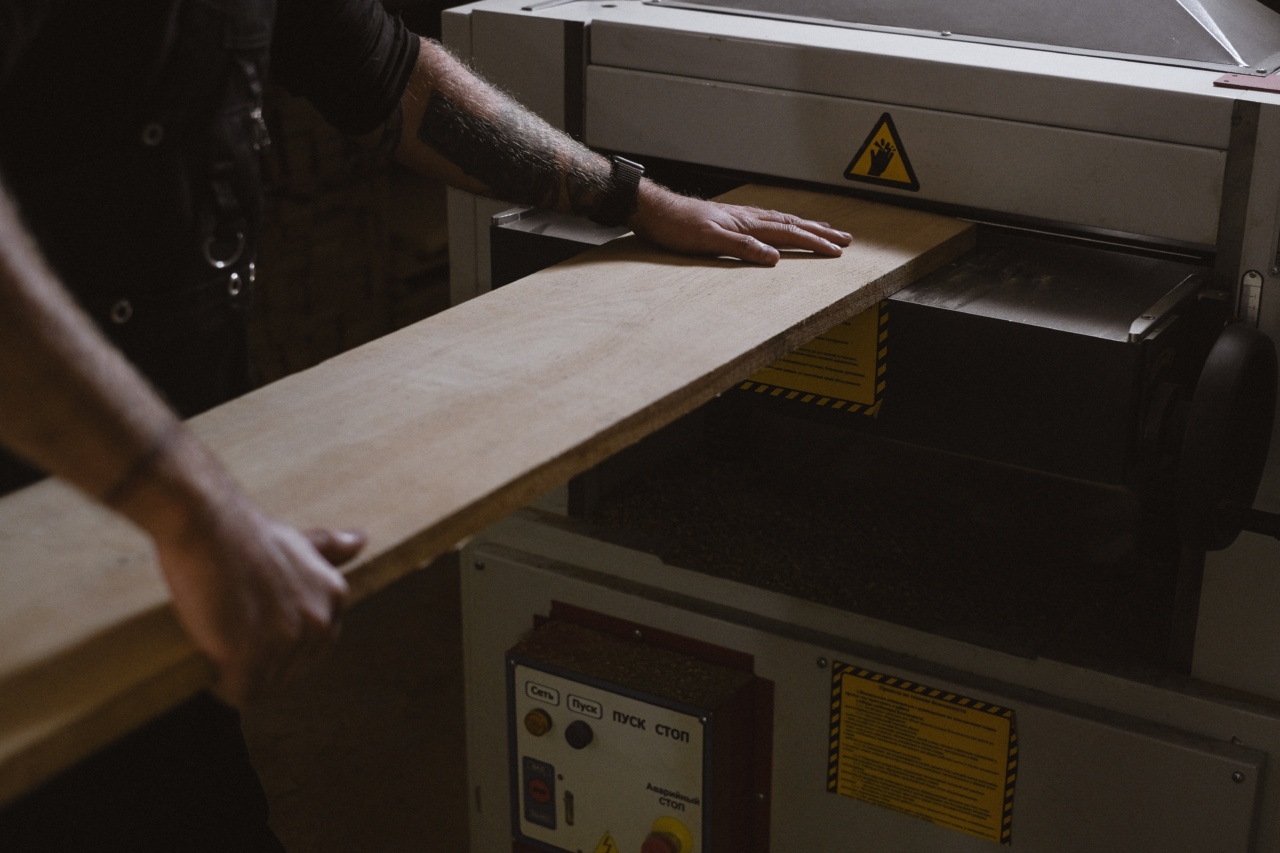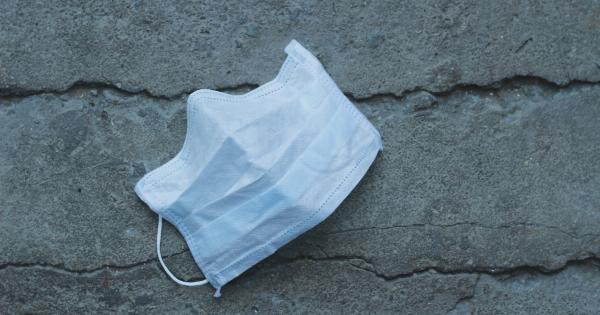As men age, they may experience prostate hypertrophy, a condition where their prostate gland becomes enlarged.
While this is a very common condition, it can cause a variety of problems, including nocturia (waking up frequently at night to use the bathroom), urinary hesitancy, weak urine stream, and more.
What is Prostate Hypertrophy?
Prostate hypertrophy, also known as Benign Prostatic Hyperplasia (BPH), is a condition where the prostate enlarges and presses against the urethra. This can result in difficulty urinating or emptying the bladder fully.
While this condition is not cancerous, it can still cause numerous problems for men as they age.
What Causes Prostate Hypertrophy?
The exact cause of prostate hypertrophy is unknown, but it is believed to be related to age and hormonal changes. As men age, their prostate gland naturally grows.
The gland may grow unevenly, causing it to press against the urethra and cause issues with urination. Hormones may also play a role in prostate hypertrophy, as changes in testosterone and estrogen levels can affect the prostate gland.
Symptoms of Prostate Hypertrophy
Prostate hypertrophy can cause a variety of symptoms that can greatly impact a man’s quality of life. Some of the most common symptoms of prostate hypertrophy include:.
- Frequent urination
- Nocturia (waking up frequently at night to urinate)
- Difficulty starting urination
- Weak urine stream
- Urinary hesitancy (difficulty starting urination or a delay before urine begins to flow from the bladder)
- Inability to empty the bladder completely
- Urinary tract infection (UTI)
Treatment for Prostate Hypertrophy
There are several treatment options available for prostate hypertrophy depending on the severity of the condition. These options include:.
- Medications – Alpha blockers and 5-alpha-reductase inhibitors can help relieve symptoms of prostate hypertrophy by relaxing the muscles around the prostate gland and reducing its size.
- Minimally Invasive Procedures – Procedures such as Transurethral Resection of the Prostate (TURP) or Greenlight Laser Surgery can help reduce the size of the prostate gland and relieve symptoms.
- Surgery – In severe cases, surgery may be necessary to remove part or all of the prostate gland.
Managing Nocturia with Prostate Hypertrophy
Nocturia is a common symptom of prostate hypertrophy that can greatly impact a man’s quality of life. There are several ways to manage nocturia, including:.
- Lifestyle changes – Reducing fluid intake before bedtime and avoiding caffeine and alcohol can help reduce nocturia.
- Medications – Diuretics can help reduce fluid buildup in the body and reduce nocturia.
- Bladder Training – Training your bladder to hold more urine by gradually increasing the time between trips to the bathroom can help reduce nocturia.
- Prostate Hypertrophy Treatment – Treating prostate hypertrophy can help reduce nocturia by relieving pressure on the bladder.
Conclusion
Prostate hypertrophy is a common condition that can greatly impact a man’s quality of life. While there is no cure for prostate hypertrophy, there are several treatment options available to help relieve symptoms.
If you are experiencing symptoms of prostate hypertrophy, it is important to consult with your doctor to determine the best course of treatment for you.





























